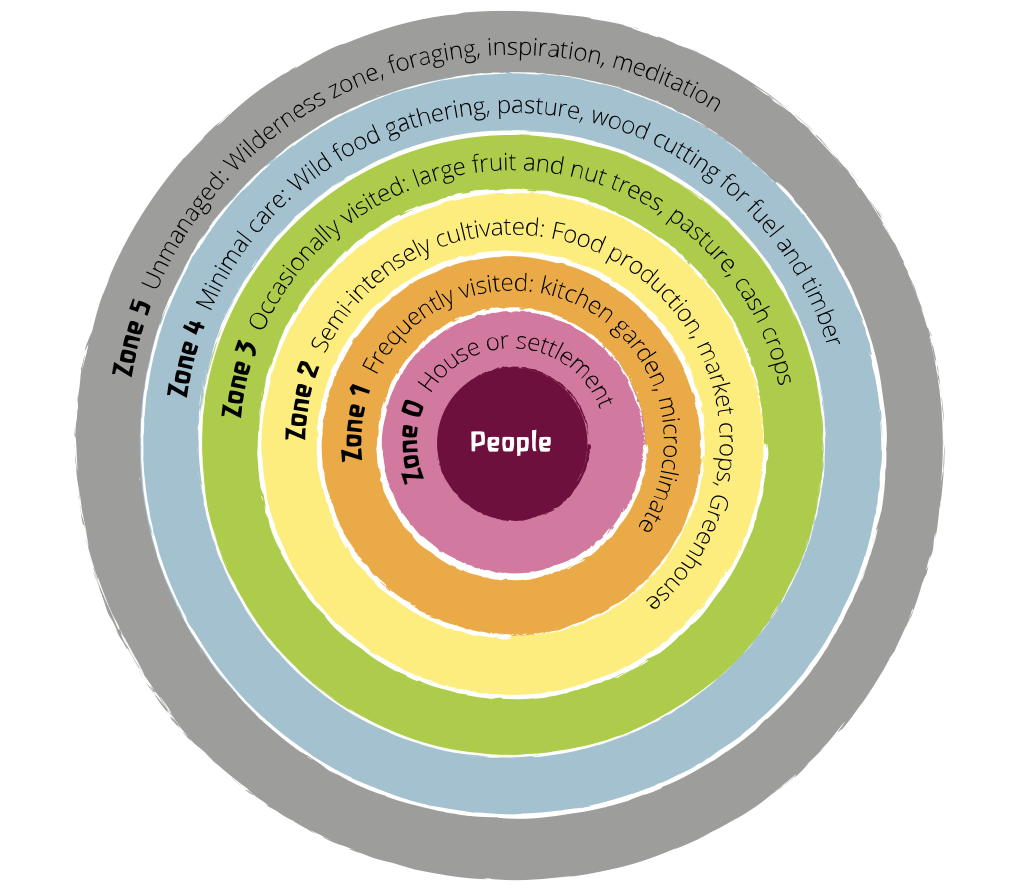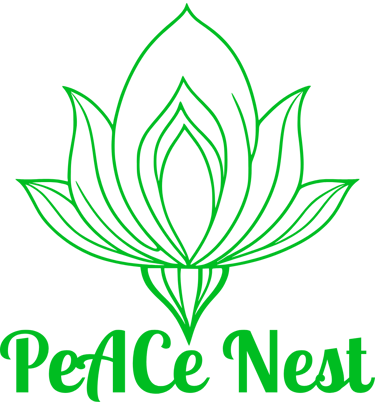Embracing Permaculture: A Sustainable Path Forward
Permaculture: A Sustainable Path Forward
2 min read


In a world grappling with the urgent need for sustainable solutions, permaculture stands out as a beacon of hope. Combining the concepts of permanent and agriculture, permaculture is a holistic approach to designing systems that mimic natural ecosystems, promoting harmony between humans and the environment. It’s not merely a gardening technique; it’s a way of life that fosters resilience, regeneration, and abundance.
Understanding Permaculture
At its core, permaculture revolves around three fundamental ethics: care for the earth, care for people, and fair share or setting limits to consumption and redistributing surplus. These ethics guide the design principles of permaculture systems, which aim to create self-sustaining, regenerative ecosystems.
Principles in Action
Permaculture principles can be applied to various aspects of life, from food production to energy generation and community development. For instance, by practicing polyculture (growing a diverse range of crops), practitioners mimic natural ecosystems, increasing resilience to pests and diseases while enhancing soil fertility. Additionally, techniques like composting, rainwater harvesting, and agroforestry further enrich the soil, conserve water, and sequester carbon, mitigating the impacts of climate change.
Benefits of Permaculture
The benefits of permaculture are manifold. By minimizing external inputs such as pesticides and synthetic fertilizers, permaculture reduces the ecological footprint of agriculture, preserving biodiversity and protecting natural habitats. Moreover, its emphasis on local production and consumption fosters community resilience and food sovereignty, reducing dependence on global supply chains.
Permaculture in Practice
From urban rooftops to rural homesteads, permaculture principles can be implemented in diverse settings. Community gardens, permaculture farms, and eco-villages serve as living laboratories, demonstrating the viability of sustainable living. Through hands-on workshops, permaculture practitioners share knowledge and skills, empowering individuals and communities to cultivate regenerative lifestyles.
Challenges and Opportunities
Despite its potential, permaculture faces challenges such as limited mainstream recognition and access to land and resources. However, these challenges also present opportunities for innovation and collaboration. By integrating traditional wisdom with modern science and technology, permaculture can evolve and adapt to meet the needs of a changing world.
Embracing Permaculture
In a time of environmental crisis, permaculture offers a path forward—a path rooted in ecological wisdom, social equity, and economic resilience. By embracing permaculture principles, we can nurture thriving ecosystems, vibrant communities, and a more just and sustainable world for generations to come. As we cultivate our gardens, let us also cultivate a future where humans and nature coexist in harmony, guided by the timeless principles of permaculture.
Contacts
Socials
Subscribe to our newsletter
When local number is at hand
